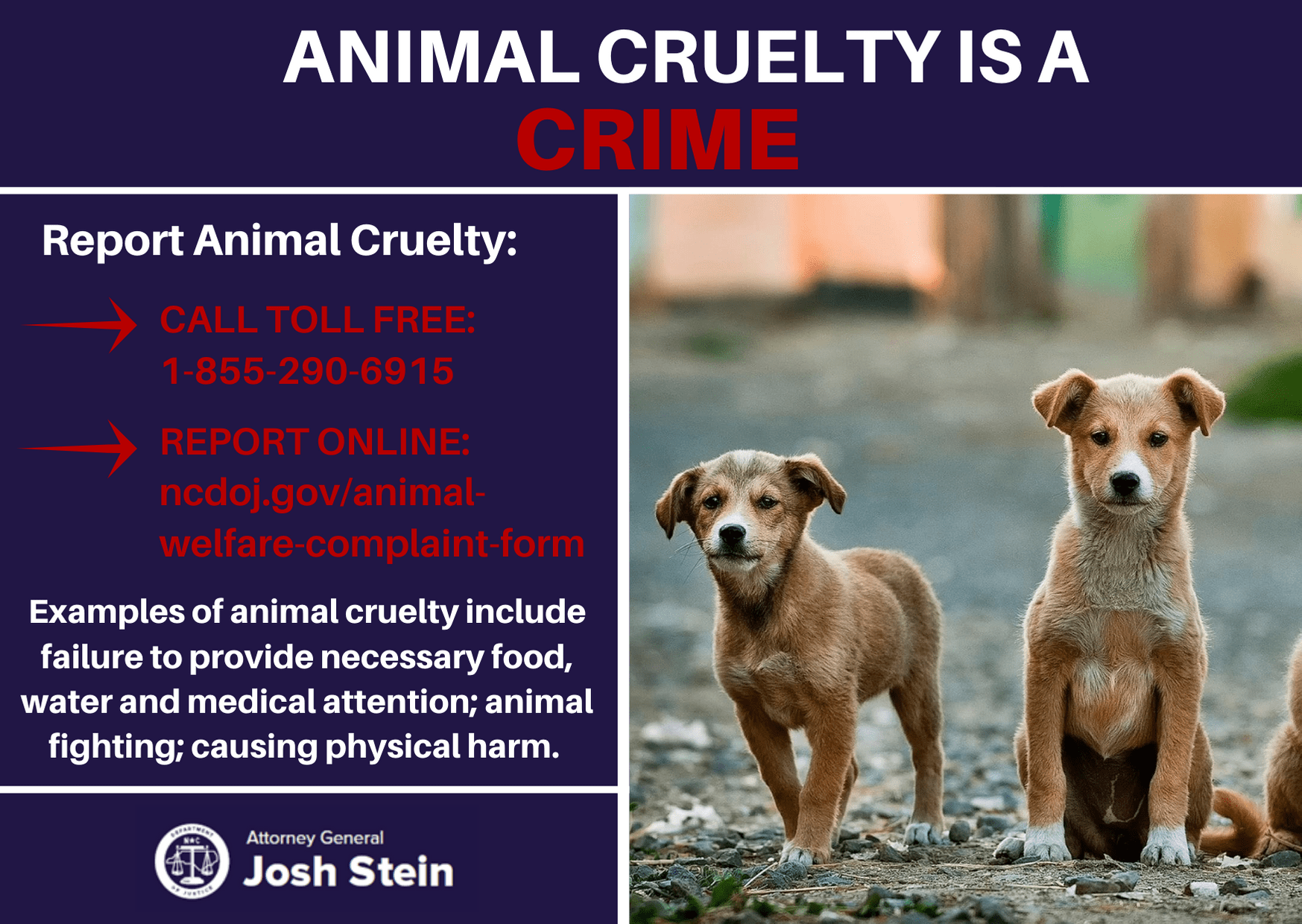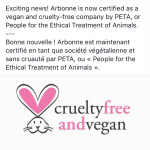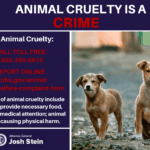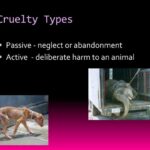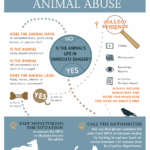Animal cruelty is often viewed through a narrow lens, one that encompasses direct acts of violence or neglect perpetrated against animals. However, to perceive it solely as a standalone issue would be an oversimplification. As we explore the intricate web of relationships within our ecosystems, it becomes increasingly evident that animal cruelty is not merely a social or ethical concern but a significant environmental issue with far-reaching implications. This exploration unravels the hidden links between the mistreatment of animals and broader environmental degradation.
The fascination with animal cruelty can be traced to its alarming prevalence in society. Reports of abuse, neglect, and exploitation frequently saturate headlines. But these incidents are symptomatic of an underlying malaise that transcends individual acts of cruelty: a fundamentally exploitative relationship between humans and the natural world. When animals are commodified and treated as mere resources, the ethical repercussions echo through the environment. Factory farming, for example, is an abhorrent manifestation of this mindset, facilitating mass animal suffering while simultaneously exerting detrimental pressure on ecosystems.
At its core, animal cruelty signifies a disconnection from the natural order. This disconnection often manifests in agricultural practices that prioritize profit over sustainability. Industrial farming systems exemplify this disconnect, where animals are confined in appalling conditions, deprived of their natural behaviors, and subjected to inhumane practices to maximize yield. The ramifications are severe: not only does this lead to immense suffering for the animals involved, but it also catalyzes a ripple effect detrimental to the environment.
One of the most pressing environmental concerns associated with animal cruelty is habitat destruction. The relentless expansion of livestock farming necessitates vast tracts of land, leading to deforestation and the obliteration of vital habitats. In regions where forests once teemed with biodiversity, farmland now sprawls, reducing ecological resilience. Consequently, as species face extinction and ecosystems unravel, the intrinsic balance of our planet is disrupted. The exploitation of animals within these frameworks fuels a pernicious cycle of environmental degradation.
Moreover, the production of animal-based food exerts an unsustainable strain on natural resources. Freshwater scarcity is exacerbated by livestock farming; it takes staggering amounts of water to raise, feed, and sustain animals for human consumption. In addition, the agricultural runoff from industrial farms introduces a cascade of pollutants into water systems. These contaminants not only devastate aquatic life but also infiltrate drinking water supplies, endangering human health while displaying a blatant disregard for animal welfare.
Furthermore, the emissions associated with animal agriculture significantly contribute to climate change. Livestock farming is a leading source of greenhouse gas emissions, with methane released from enteric fermentation being particularly potent. This contributes to global warming and exacerbates weather extremes, creating an environment in which both wildlife and domestic animals struggle to survive. The exacerbation of climate issues, including droughts and floods, further implicates the interconnectedness of animal cruelty and environmental problems.
The relationship between animal cruelty and environmental degradation is also reflective of societal values. Systems that promote extensive animal exploitation mirror broader societal complacency towards environmental stewardship. When animals are viewed as expendable rather than integral components of the ecosystem, it becomes easier to prioritize short-term gains over long-term sustainability. This perspective fosters a culture in which cruelty is normalized, not just to animals, but to the environment as well.
In contemplating solutions to these intertwined crises, a paradigm shift is essential. Emphasizing a compassionate and ethical approach to animal rights encourages a deeper understanding of their role in the larger ecological tapestry. Adopting plant-based diets, supporting sustainable farming practices, and advocating for animal welfare are vital steps toward dismantling the exploitative systems currently in place. Reduced reliance on animal agriculture not only alleviates suffering but also mitigates numerous environmental issues, from deforestation to greenhouse gas emissions.
Another promising avenue for change lies in fostering agricultural innovation. Regenerative farming practices, which promote soil health and biodiversity, offer a way to nourish the land while simultaneously respecting animal welfare. These practices can create a harmonious balance between animal husbandry and environmental preservation. By nurturing ecosystems that support both wildlife and domesticated animals, society can address the ethical dilemmas posed by conventional farming methods.
Moreover, enhancing public awareness regarding the links between animal cruelty and environmental degradation can galvanize grassroots movements advocating for change. Education, outreach, and media campaigns can illuminate the often-ignored ramifications of our dietary choices and lifestyle habits. By galvanizing public consciousness, a collective call for action can emerge, propelling systemic change through consumer demand and advocacy.
In conclusion, animal cruelty cannot be isolated from its environmental consequences. The exploitation of animals is inextricably linked to habitat destruction, resource depletion, and exacerbation of climate change. As society grapples with the enormity of these interconnected issues, it becomes clear that addressing animal cruelty is integral to fostering a sustainable future. Compassion towards animals and the environment is not just an ethical imperative; it is a pathway towards creating a healthier planet for all living beings, human and non-human alike. The synergy between animal rights and environmentalism offers a promising avenue for holistic solutions that can heal both our relationship with the natural world and the world itself.
